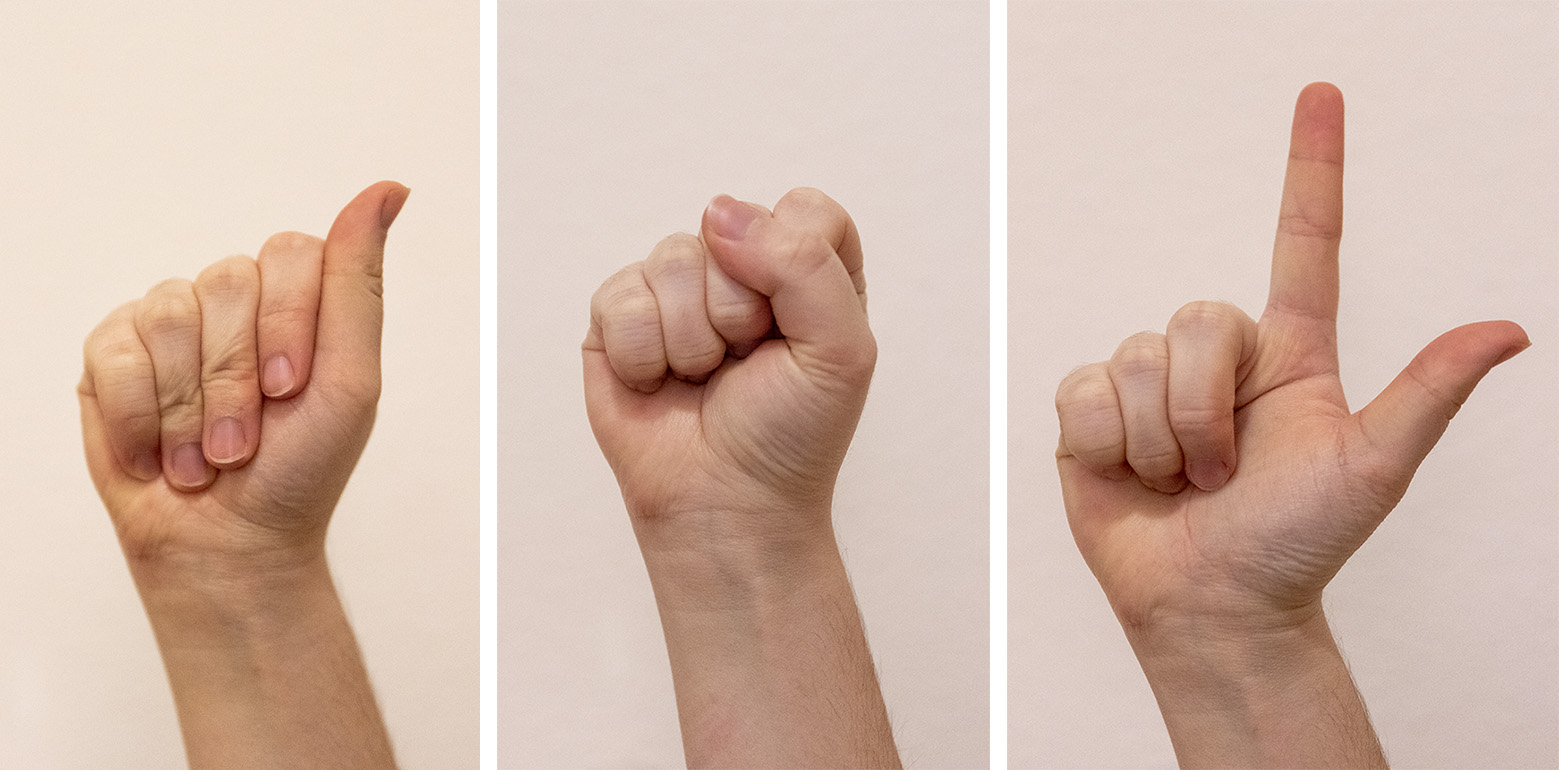Opinion: Political candidates should address issues specific to disability community

One in four Americans has a disability – yet disability rights aren’t a core component of public discourse. As the election season comes to a close, media outlets should make a concerted effort to ensure people with disabilities are seen and heard. (Ashley Kenney/Assistant Photo editor)

By Emmi Deckard
Nov. 2, 2020 9:57 p.m.
This post was updated Nov. 8 at 7:16 p.m.
This year’s presidential debates were surprising in many ways but remained the same in one particular way – the lack of discussion around the disability community.
People with disabilities are the largest minority group in America, and yet they remain chronically underrepresented in public discourse.
Candidates appeal to voters based on race, age and hot button issues, but disability rights are rarely on their agendas. However, recent events have demonstrated that the community is facing political struggles that deserve attention. On Nov. 10, the Supreme Court will deliberate on the constitutionality of the Affordable Care Act, which guarantees health insurance to people with preexisting conditions. This year also marks the 30th anniversary of the Americans with Disabilities Act, which provides equal rights and opportunities to people with disabilities.
By not acknowledging this important community, a disservice is done to the one in four Americans who have a disability. And with mental health issues on the rise during the COVID-19 pandemic, there has not been a more vital time to give this community the attention and representation it deserves.
Americans with disabilities have a lot at stake this election. As such, it is the media’s responsibility to push candidates to answer difficult questions about disability rights. Without these robust discussions, voters cannot decide which policies address the needs of people with disabilities. Furthermore, journalists must amplify voices within the disability community to shed light on issues unique to this population.
Historically, turnout among voters with disabilities has been low in comparison to voters without disabilities. In the 2018 election, 49.3% of voters with disabilities cast a ballot – nearly 5% less than voters without disabilities.
Quinn O’Connor, a third-year theater student and co-founder of the Disabled Students Union at UCLA, attributes previously low voter turnout among the disability community to inaccessible polling places and lack of incentives to vote.
“It’s one thing to talk about disability and your discourse, but including disabled people to speak on that from their own personal experience is very important, and I think that will definitely help include (disabled) individuals,” said O’Connor, who has a disability herself.
The pool of voters with disabilities has grown by nearly 20% since 2008, while that of voters without disabilities has only increased by 12%. An estimated one-sixth of the electorate for this year’s election is made up of people with disabilities. Thus, there is a large voting demographic waiting to be acknowledged.
As of 2016, eligible voters who have a disability or live with someone who has a disability made up 25% of the electorate. As a population at risk of being undercounted in the census, the number of people with disabilities and others affected by disability issues could be even higher.
Although people with disabilities are affected by all measures on the ballot, some could have larger impacts than others – especially in California.
Proposition 23 puts people who need dialysis at risk by making operating costs more expensive and forcing shutdowns in rural areas. Proposition 19 gives some people with disabilities more flexibility to move by increasing the number of times they can transfer their property tax assessments.
Given how many people are affected by disabilities, the lack of discussion surrounding the needs of these communities is inexcusable. But it appears that America has grown accustomed to it.
Aside from the absence of an ASL interpreter at debates, moderators failed to ask about the intersection of disabilities and social injustice. Police violence was a hot topic, but there was no mention of the disability community, despite the fact that approximately one-third to one-half of all lethal police encounters in the United States involve a person with a disability.
Black Americans with disabilities are especially at risk for higher rates of police violence. Despite this, candidates notably failed to address the deaths of Black Americans with disabilities at the hands of law enforcement.
Moderators also failed to hold President Donald Trump accountable for mocking a reporter’s physical disability, former Vice President Joe Biden’s stutter and late senator John McCain‘s disability as a result of his military service and his time as a prisoner of war.
The lack of questions about this behavior speaks volumes.
Laura Sencion-Mendoza, chair of the UCLA Committee on Disability, has been advocating for disability rights since she became disabled in 2006 and said that candidates should more readily discuss disability issues.
“Just like they talk about immigration issues, just like they talked about racial tension, just like they talk about the economy, I think disabilities should be out there too,” Sencion-Mendoza said. “When you don’t see it and it’s not near you, it’s not there, out of sight, out of mind. And we need to change that.”
Since there has been discussion surrounding topics such as COVID-19, state-sanctioned violence and the Affordable Care Act – all issues that disproportionately affect the disability community – some may believe the community’s needs have been adequately addressed. However, explicit connections to disability rights are necessary to prevent the further marginalization. The media should use its power to start important conversations and frame issues in terms of disability rights to hold officials accountable.
Disability rights deserve their own seat at the table of America’s pressing issues to give everyone the representation they deserve.
Otherwise, disability rights will stay on the long list of neglected issues plaguing the country.


